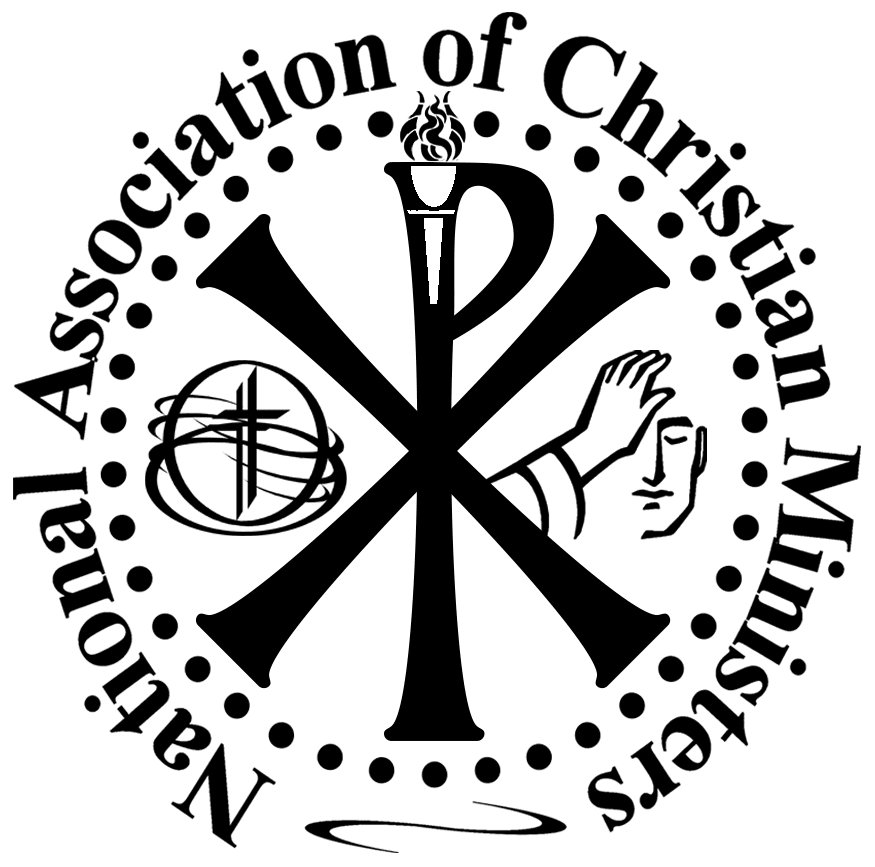
National Association of Christian Ministers Summary Series: Theology
In the Old Testament, the celebration of Pentecost, also known as the Feast of Weeks or Shavuot, was an important Jewish festival. It was held on the fiftieth day after the Passover Sabbath and marked the conclusion of the grain harvest.
The primary significance of Pentecost was agricultural, as it celebrated the firstfruits of the wheat harvest. It was a time of gratitude and offering to God for the abundance of the harvest. The Israelites were commanded to bring a portion of their crops to the Temple in Jerusalem as an offering to express their thanksgiving.
In addition to its agricultural significance, Pentecost also had historical and religious significance. It commemorated the giving of the Law, specifically the Ten Commandments, to Moses on Mount Sinai. According to Jewish tradition, it was on this day that God established the covenant with the Israelites and gave them the Torah, which became the foundation of their religious and moral code.
During the celebration, the Israelites would gather in Jerusalem for worship and participate in various rituals and ceremonies. These included offering sacrifices, reciting prayers, and engaging in communal meals. It was a time of rejoicing and spiritual reflection, and people from different regions would come together to celebrate the festival.
In the New Testament, Pentecost took on additional significance as it was on this day that the Holy Spirit descended upon the disciples of Jesus in the Upper Room in Jerusalem, as described in Acts 2. This event marked the birth of the Christian Church, and it is often referred to as the Day of Pentecost in Christian tradition.




